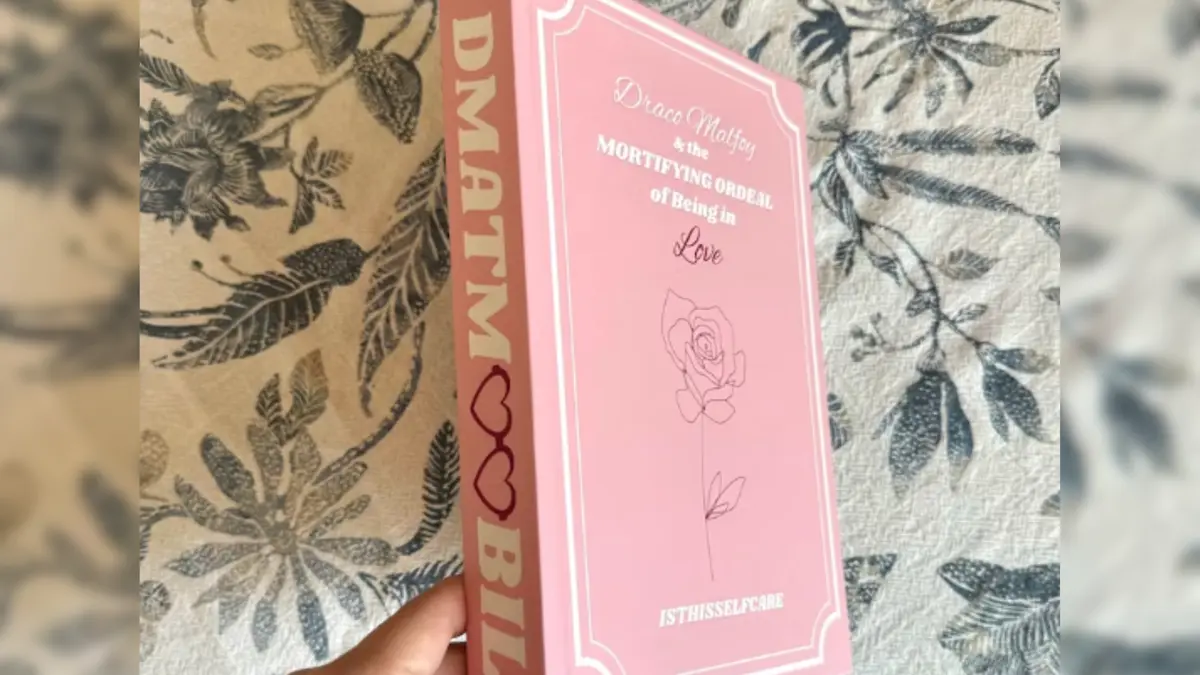- cross-posted to:
- books@lemmy.ml
- cross-posted to:
- books@lemmy.ml
Etsy sellers are turning free fanfiction into printed and bound physical books, and listing them for sale on online marketplaces for more than $100 per book. It’s a problem that’s rattling the authors of those fanfics, as well as their fans and readers.
Several sellers, easily found on Etsy and very popular, each with hundreds of five-star reviews, are selling copies of fanfiction taken from sites like Archive of Our Own (Ao3) and reselling them as bound books. The average price of these bound copies is around $149. Some sellers claim that they’re simply covering the cost of materials, while others just sell the books, usually with the fanfiction writers’ Ao3 username on the cover.



If you’re one of these affected authors you should register the copyright for your work if you can afford to and try to find a copyright attorney. Copyright infringement carries statutory damages per infringement so you could get a substantial judgement.
If it’s fanfic, there’s likely no chance a copyright can be granted on existing copyrighted characters/themes.
I believe that fanfic writers are still entitled to copyright for the original parts of their work, and there is no legal issue if the work is sufficiently transformative, but I’d imagine many authors may prefer to have their fanfics avoid scrutiny in the courts in the event the work is found to not be transformative enough.
Indeed, this is a common misunderstanding of the status of fanworks. Most fanfics likely violate the copyright of the IP they’re based on, but that doesn’t mean that they aren’t themselves original copyrighted works. The original IP’s rightsholders can’t simply claim the fanfic’s copyright for themselves. It likely means that each party would need the other party’s permission to make legal copies of the fanfic.
This is why most studios or authors will refuse to even read unsolicited ideas that are sent to them, they don’t want to end up in a bind if someone sends them a fanfic that’s got elements in it that they already intended to use in future books or episodes and then sues them for “stealing” their work.
Yeah. You hold some rights. For example, you don’t get the rights to the characters or setting since they’re not original, but you do get the rights to the unique events that happen in your plot.
For example, if you write “Harry Potter Goes to France”, Harry Potter is obviously not yours, but the story of going to France is new and original. If you wanted, you could reskin that story with some original wizard kid and be fully in the clear.
Hypothetically, anyway. I’m not sure that this has been tested in court.
Famously, “50 Shades of Grey” started out as a Twilight fanfic. The author later pulled out all of the Twilight-related stuff and then it was free and clear to publish as their own work. Given how much money 50 Shades raked in I would imagine there’s been some legal scrutiny there from various sides.
I’m not a copyright expert either, but I would think it goes one of two ways.
One is that the original rights holder of the IP could sue these binders for profiting off of it.
The other is that they can’t because the work is sufficiently transformative, in which case it would fall to he fanfic writer. From there, it probably depends on how they released their work. Some websites might claim ownership of anything published there as part of their ToS. Some authors might explicitly release their works under more open licenses to encourage community involvement. If it was just posted somewhere without addressing these questions (which I would guess is pretty common)… Sounds like a mess for the courts to sort out.
I believe they technically need permission to use original characters and settings. But they may fall under parody depending how different they are.
But the things they add are 100% owned by them.
So if a company wanted to they could absolutely get it all taken down.
And likewise they should be able to stop these people printing their work.
But it is all very complex and depends entirely on how much they used from the original.
True. I’m not an expert here but I always thought that fan fiction could only co-exist with copyrighted material if the author wasn’t benefiting financially from the derivative work. Someone else taking it and selling it seems like more a target for the rights holders of the original work.
Profit is not directly one of the factors considered in fair use, but indirectly it’s considered with the purpose of your use and the effect on the potential market.